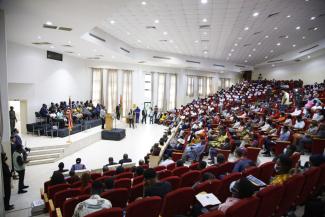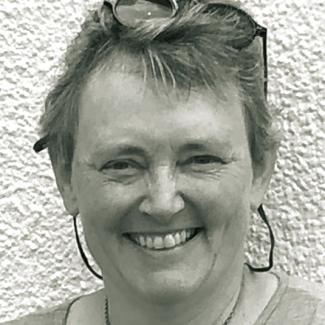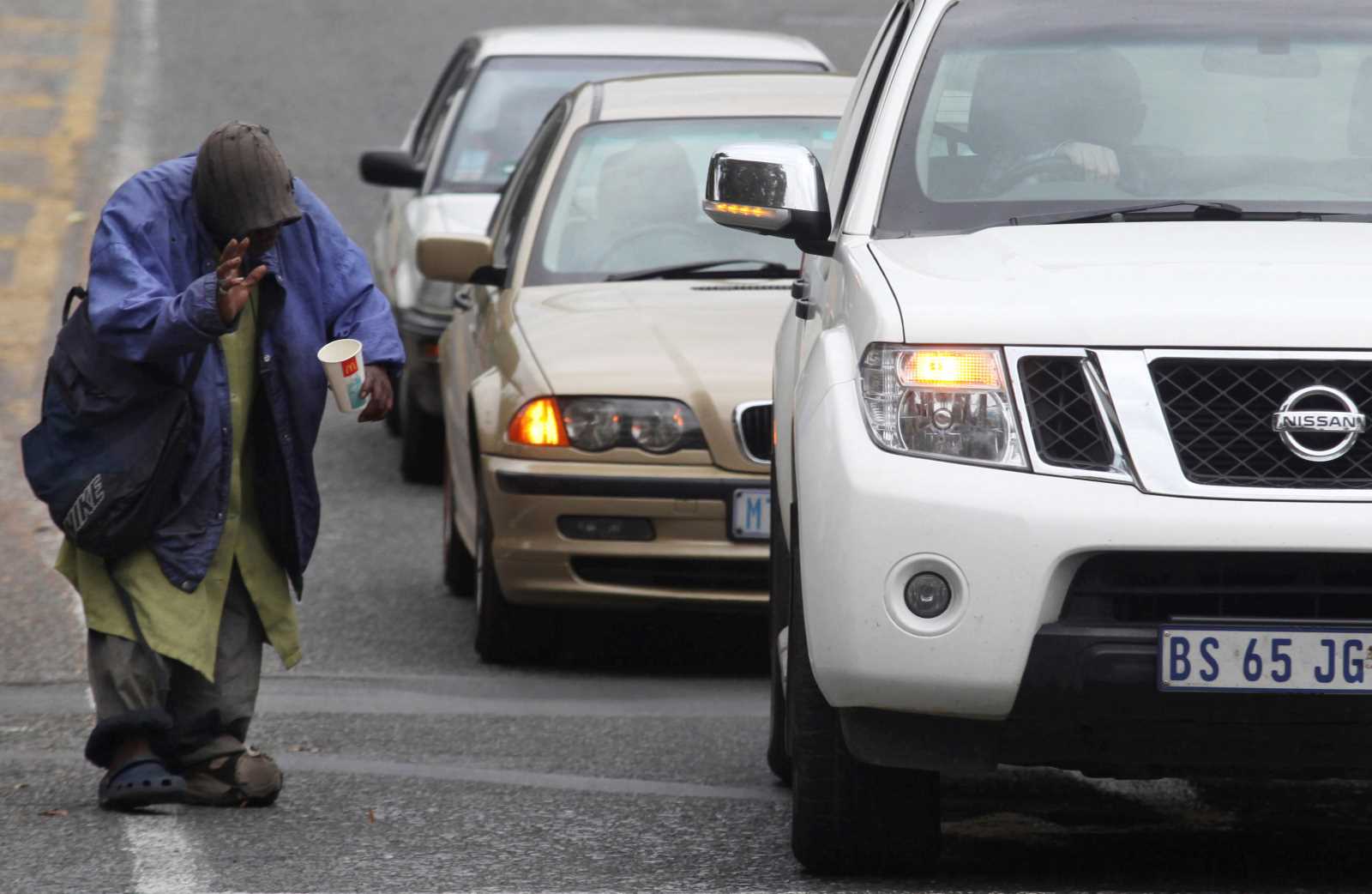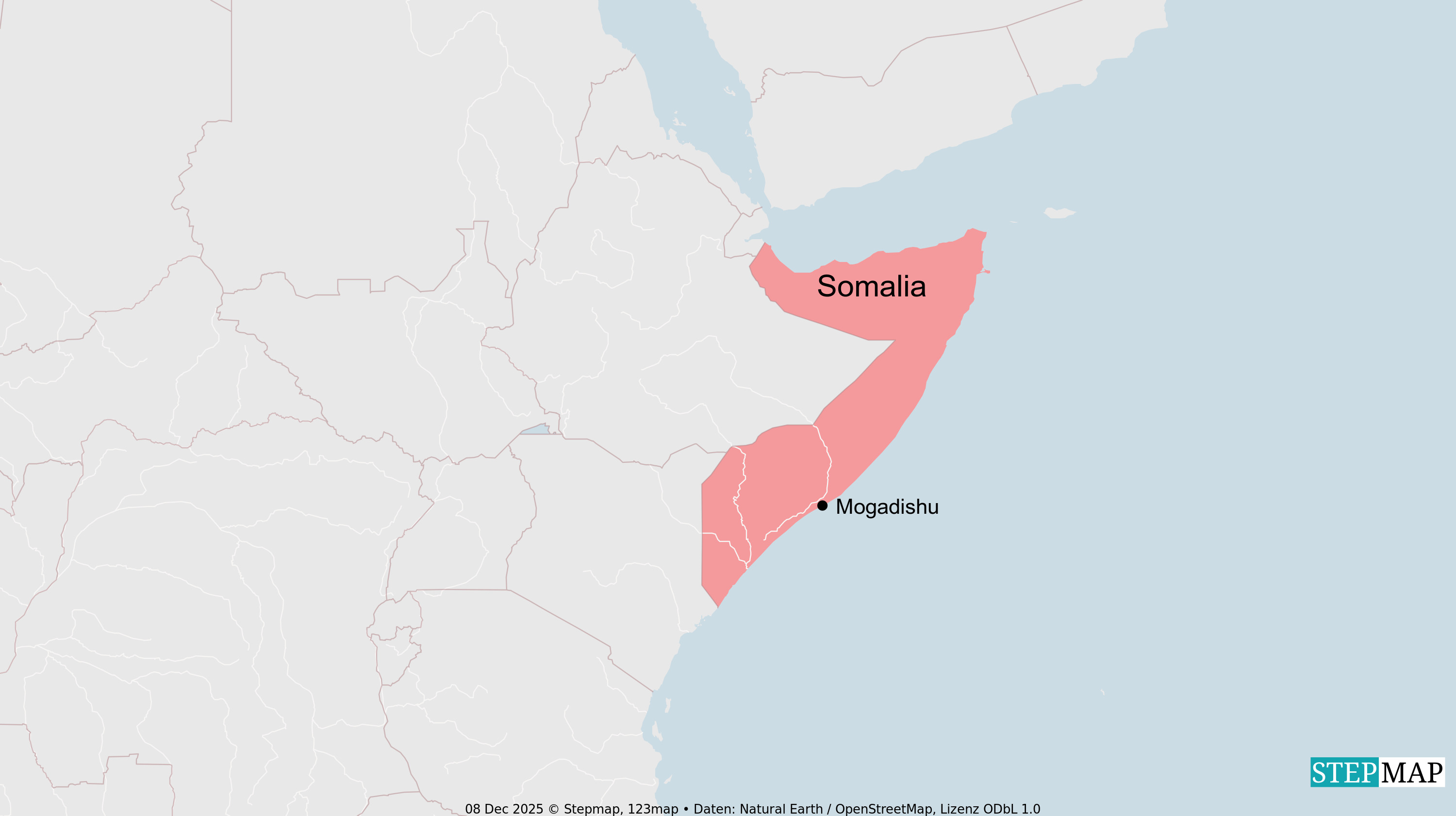Education
How a pedagogy of sustainability can help Africa’s future

Education is an important cornerstone in the quest for development around the world. Nowhere is this more evident than in Africa. As the continent faces multiple challenges and opportunities simultaneously, it is becoming increasingly important to reassess and reshape pedagogy and education to meet the needs of society. In this paper, we propose some key strategies for a pedagogy of sustainability in Africa’s tertiary education system to increase the chances of empowering Africa’s future.
At the centre of any meaningful development is sustainability, which encompasses environmental, social and economic dimensions for development plans such as the UN’s Sustainable Development Goals (SDGs) and the Africa 2063 Agenda.
In current discourses, however, the environment is seen as an issue rather than a central actor. We need a new pedagogy that integrates environmental awareness into educational practice and provides students and future leaders with the knowledge, skills and values they need to contribute to more sustainable development.
One of the main goals of a pedagogy of sustainability is to promote a better understanding of sustainability. As the social, political and economic spheres are interconnected, this means overcoming traditional disciplinary boundaries and promoting interdisciplinary approaches to learning so that students can develop a comprehensive understanding of complex challenges.
Local engagement
A pedagogy of sustainability should also emphasise active and experiential learning methods. This will better enable learners to bring about change in their own communities. Reality should not have to fit our models. Our solutions must meet the needs and demands of the contexts in which people are striving for improvement. By engaging with local communities – and their realities – students can gain valuable insights into the practical dimensions of their knowledge and develop solutions that are relevant.
Focusing on local issues needs a different approach to creating and sharing knowledge. It should start with a sense of responsibility and ethics, where community input helps to shape new ideas, influence and civic engagement.
Educational institutions across the continent should commit to integrating a pedagogy of sustainability into their curricula and operations. This could include revising existing courses to include sustainability content, developing new interdisciplinary programmes that focus on sustainability and incorporating sustainability principles into campus management practices. Universities cannot preach sustainability as a marketing tool while polluting the environment or pretending that their societal role as sites of knowledge production is an excuse or a way out of their social responsibility.
In sub-Saharan Africa, only 9.4 % (around nine million students) of the corresponding age group were enrolled in tertiary education in 2021, according to the World Bank. This is far below the global average of 38 %. Sub-Saharan Africa spends 21 % of its public education expenditure on tertiary education. Implementing a pedagogy of sustainability in Africa’s tertiary education system will require concerted action from various stakeholders, including governments, educational institutions, civil-society organisations and the private sector.
A pedagogy of sustainability is a promising approach to shaping Africa’s sustainable development across the continent. However, it is not a panacea on its own. A new vision of how we learn and live requires collective action and commitment. The development of future generations in Africa literally depends on it.
Cecilia Y. Ojemaye is a research fellow (Analytical Environmental Chemist) on Sustainable Development and the African Agenda 2063 as well as Critical Zones Africa South & East hosted by Environmental Humanities South (EHS), University of Cape Town.
cecilia.ojemaye@uct.ac.za
Lesley Green is a professor of earth politics and director of Environmental Humanities South, University of Cape Town as well as research programme director for Critical Zones Africa South & East.
lesley.green@uct.ac.za

















